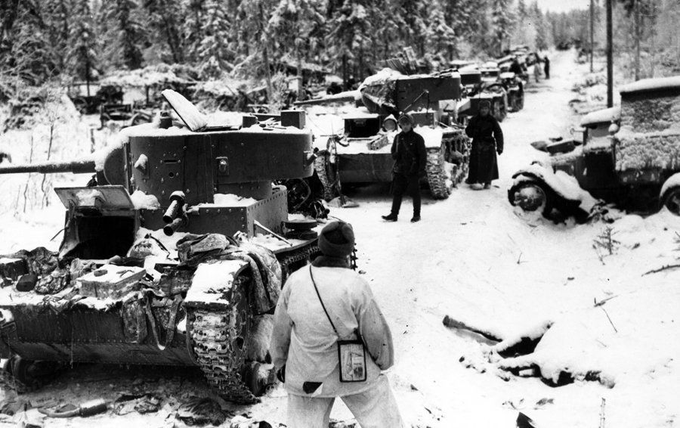Maybe Putin's Russia is Bad at War?
Occam and his very sharp razor
The first time Stalin tried to invade Finland, he got embarrassed. Badly. Historians of Soviet military history often relish the absolute comparative spanking that a tiny Finland inflicted on the ginormous Red Army. To me, failure is far more interesting than success, and the “Winter War” is a particularly delicious example of huge military failure. Eve…



